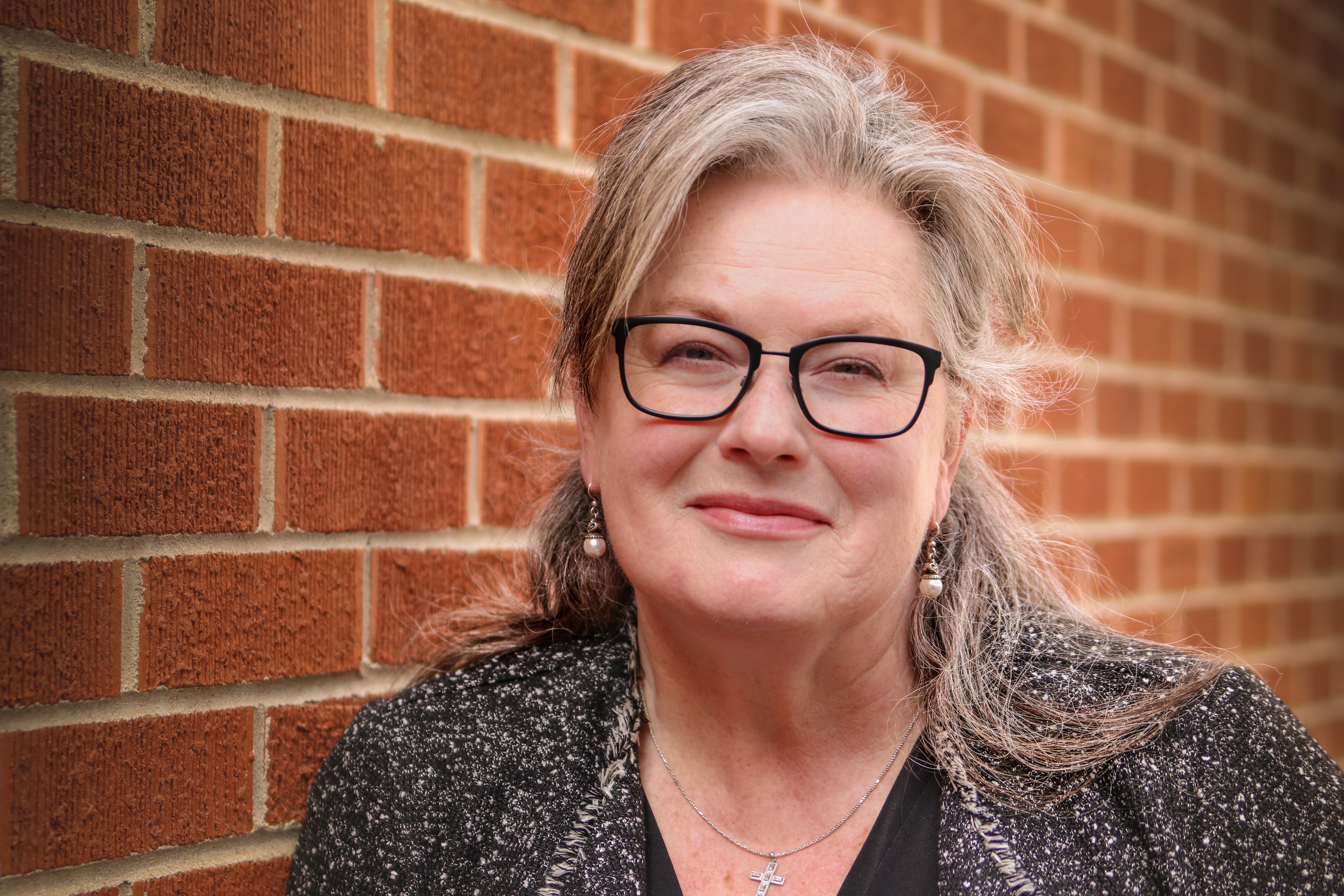Defining Local Self Government
- Donna K. Rice

- Mar 2, 2022
- 2 min read
Local self-government is the straightforward concept and design that people within local communities, smaller than a whole state, would govern and make decisions appropriate to their local values and community concerns. Its value and wisdom come in the form of the reality that different communities have varying needs, geographical issues, and values which become reflected in their governing principles.

For example, a community with zero snowfall would need no governing principles with regard to building codes or safety equipment related to such a climate. Likewise, landlocked communities would not deal with coastal issues. There are thousands of examples a thinking person could come up with as to why some degree of local self-governance makes good sense.
Why is local self-governance so important? Calvin Coolidge, our 30th president, had this to say about local government.
“No method of procedure has ever been devised by which liberty could be divorced from local self-government. No plan of centralization has ever been adopted which did not result in bureaucracy, tyranny, inflexibility, reaction, and decline.” - Calvin Coolidge
Centralization of all governing authority brings with it the inflexibility to consider local conditions thus opening the door to tyranny and bureaucracy. Liberty for all people requires a degree of flexibility in lawmaking and community function.
Since one of the smallest, closest governing units is the family, consider its function. Even within this relatively small unit of people, flexibility is necessary to meet the needs of the family. As parents make decisions and choices about how they will manage their family life, they are in a constant state of analysis of the needs of various family members. So it is with any community of people. Adaptability, flexibility, and the ability to react to changing circumstances are necessary to wise governance. Intimate knowledge of the conditions faced by the unit of people generates better governing principles.
Closely related to the understanding of the family unit as a governing body is the fundamental principle that people must govern themselves. Each of us as individuals within a community have a responsibility and obligation to act in a manner conducive to the well-being of our community. When we manage our own behavior and actions and teach our children to do the same, we tend to experience a more lawful and peaceful society. As we adopt the mindset that “anything goes,” lawlessness and danger increase, society becomes fearful, and the perceived need for outside governance and solutions increase. We, as a culture, begin to turn to others to solve our problems, typically the government machine, which then begins to impose its own regulations on our lives.
As a government becomes more centralized and attempts to manage massive numbers of people, the complexity of needs associated with a large population leads to an ever-growing tangle of departments, regulations, and red tape. Ultimately, this type of governance almost demands a tyrant rise to dictate what will be for all, whether it is wise or not. Tyranny evolves as a function of not only power-hungry individuals but the difficulty in managing the masses. Principles deteriorate and people suffer the loss of freedom and opportunity.
For freedom to prevail, local self-governance remains a must, even in the 21st century. The principle is solid and the results withstand the test of time.



Comments